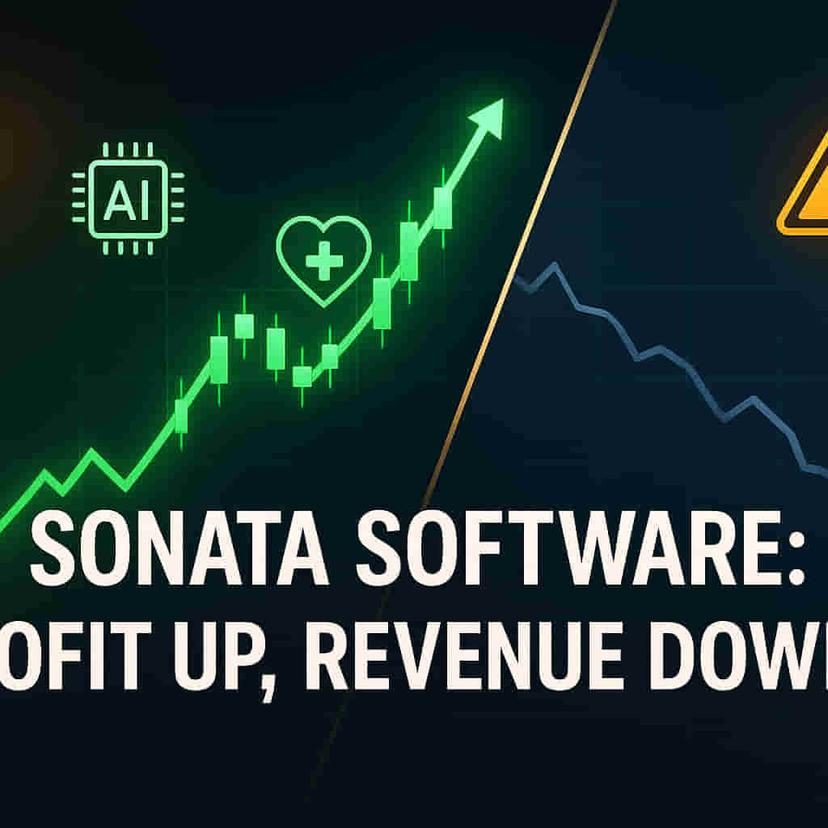Crisis Alert! Tata Steel's Desperate Plea for Govt Protection as Imports Flood Indian Market!
Industrial Goods/Services
|
Updated on 13 Nov 2025, 03:11 pm
Reviewed By
Satyam Jha | Whalesbook News Team
Short Description:
Stocks Mentioned:
Detailed Coverage:
Tata Steel is actively advocating for the extension of the 12% safeguard duty on steel imports, a measure set to expire. TV Narendran, the Managing Director, pointed out a significant rise in imports and stated that even domestic consignments intended for export are entering the local market, leading to increased pressure. The steel industry had initially requested a 25% duty.
Narendran emphasized that this safeguard duty is vital for maintaining healthier cash flows, which are essential for the steel sector to continue investing and expanding its production capacity. He noted that current cash flows are insufficient without such protection. The low prices of imported steel, driven by global competition, especially from China which benefits from scale, incentives, and faster plant construction, threaten the private sector's capital expenditure programs. He acknowledged concerns from steel consumers but argued that allowing imports to completely undercut domestic production is illogical.
Impact: This development is significant for India's industrial sector, particularly steel manufacturers. It directly influences investment decisions, profitability, and the overall competitive landscape within the domestic market. The government's decision on the safeguard duty extension will shape the industry's ability to invest in future growth. Rating: 8/10
Difficult Terms: Safeguard Duty: A temporary tariff imposed by a country on certain imported goods to protect domestic producers from a sudden surge in imports that could cause serious injury. Consignments: Goods or shipments that are sent from one place to another. Cash Flows: The net amount of cash and cash equivalents being transferred into and out of a company. Positive cash flow indicates money is coming in, while negative cash flow indicates money is going out. Capacity Building: The process of developing and strengthening the skills, abilities, and knowledge of individuals, organizations, and communities to perform core functions effectively and sustainably. In this context, it means expanding the production capabilities of steel plants. Capex (Capital Expenditure): Money spent by a company on acquiring or maintaining fixed assets, such as property, plant, buildings, technology, or equipment.
Tech Sector

Andhra Pradesh Attracts ₹2000 Cr Tech Giants: Infosys & Accenture To Build Mega Development Centres! Huge Land Deal Revealed!

Sonata Software Q2 Profits Soar 13.5%! AI Boosts Growth, But Revenue Slows - Investors Must See This!

India's Data Center Boom: AI Fuels Massive Growth, $30 Billion Investment Set to Transform Digital Landscape!

Quick Commerce Earnings CRASH! Delivery Partners Suffer as Zepto, Swiggy Cut Payouts for Customer Perks!

Infibeam Avenues Shatters Records! 93% Revenue Surge & AI Fintech Leap – HUGE Investor News!

India's AI Game Changer! Free ChatGPT Rival "Kyvex" Launched by Billionaire - IIT Experts Backed!
Tourism Sector








